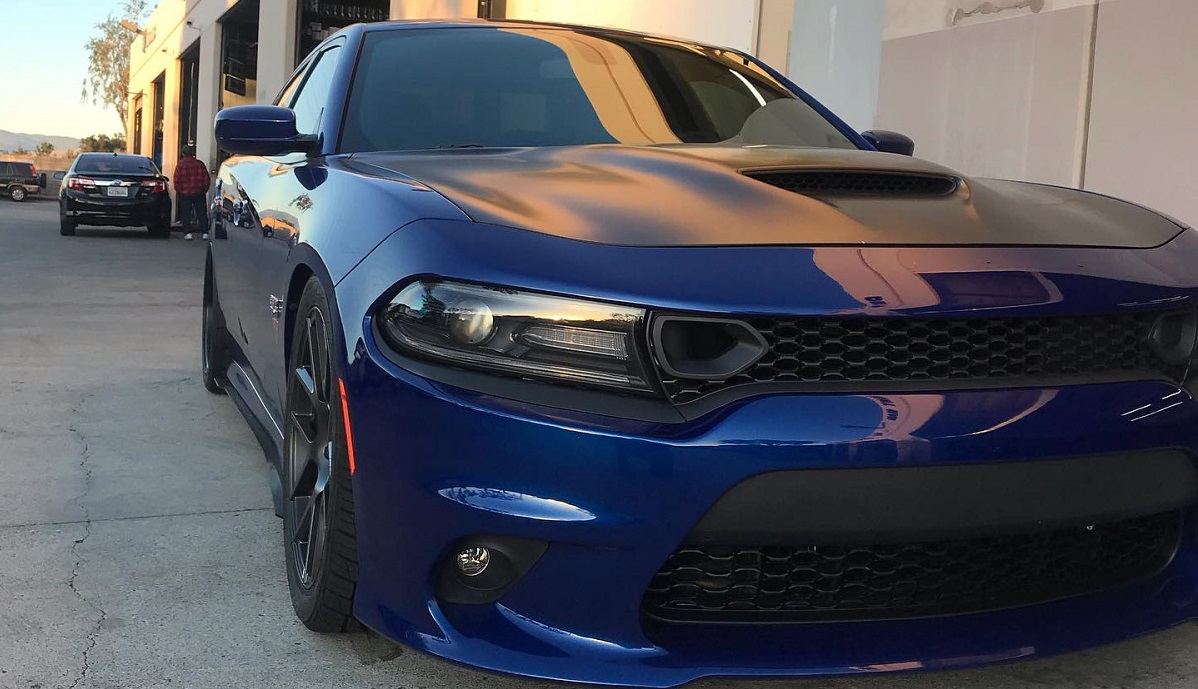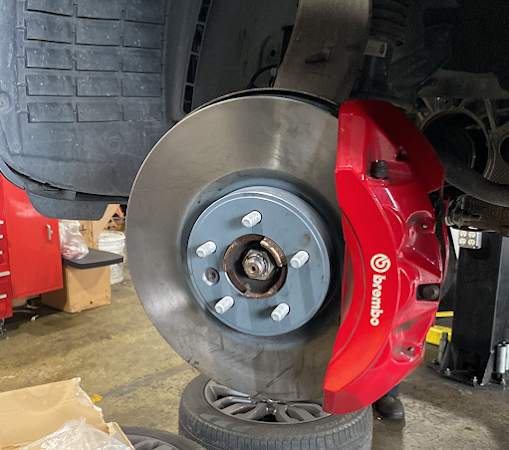Car Shaking – Symptoms, Causes & Solutions
Suppose you owned a vehicle for more than a couple of years. In that case, it becomes increasingly likely that it’s going to develop an issue or two. One of the most frustrating, and also the most common problems is excess vibration. The main point with the wave is that it tends to creep up subtly during the time, and before you know it, your automobile is vibrating like a cell phone. If your car shakes when driving, braking, accelerating, or even when it’s idling, it’s time to investigate it.
This article will explain why your auto experiences shaking, engine and steering wheel vibration.


